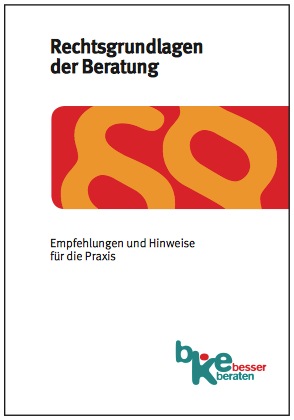WIESBADEN – Der Anteil der sogenannten frühen Schulabgänger lag in Deutschland im Jahr 2012 bei 10,4 %. Als frühe Schulabgänger werden in der EU Personen im Alter von 18 bis 24 Jahren bezeichnet, die weder über eine Hochschulzugangsberechtigung noch über eine Berufsausbildung verfügen und derzeit nicht an Aus- oder Weiterbildungsmaßnahmen teilnehmen. Wie das Statistische Bundesamt (Destatis) weiter mitteilt, liegt Deutschland damit nur knapp oberhalb des Zielwerts der Europäischen Union (EU): Bis 2020 soll der Anteil der frühen Schulabgänger in der EU auf unter 10 % gesenkt werden. Die EU-Mitgliedstaaten kamen 2012 durchschnittlich auf 13,5 %.
Zwischen den Bundesländern gab es beachtliche Unterschiede in den Anteilen der frühen Schulabgänger. Baden-Württemberg, Bayern, Brandenburg, Hessen, Sachsen und Thüringen erfüllten mit Anteilen unter 10 % schon 2012 den angestrebten Zielwert. Davon waren Bremen, Berlin, das Saarland und Nordrhein-Westfalen mit Anteilen früher Schulabgänger zwischen 12,8 % und 13,3 % noch weit entfernt.
Diese Ergebnisse zu ausgewählten EU-Indikatoren enthält die am 10. September 2014 veröffentlichte Publikation „Internationale Bildungsindikatoren im Ländervergleich“. Darüber hinaus werden in der Veröffentlichung Indikatoren der OECD zu den Themen Bildungszugang, Bildungsbeteiligung, Bildungsverlauf und Bildungsausgaben sowie zum Bildungsstand der Erwachsenen dargestellt. Die Statistischen Ämter des Bundes und der Länder bieten damit eine Ergänzung zur am 9. September 2014 erschienenen OECD-Veröffentlichung „Bildung auf einen Blick“ an. Ausgewählte OECD-Indikatoren für Deutschland werden hier in einer Gliederung nach Bundesländern dargestellt. (Quelle: Statistisches Bundesamt, 10.9.214)


 Die Systemische Gesellschaft (SG) vergibt seit 1996 einen Förderpreis an junge Wissenschaftlerinnen und Wissenschaftler für Arbeiten, die sich durch praxisrelevante Systemische Forschungsansätze auszeichnen. Ziel des Förderpreises ist es, die Relevanz Systemischen Denkens für die therapeutische und beraterische Praxis deutlich zu machen und die wissenschaftliche Forschung in diesem Bereich anzuregen. In den letzten Jahren wechselte sich die Systemische Gesellschaft mit der Ausschreibung eines wissenschaftlichen Förderpreises mit der DGSF ab.
Die Systemische Gesellschaft (SG) vergibt seit 1996 einen Förderpreis an junge Wissenschaftlerinnen und Wissenschaftler für Arbeiten, die sich durch praxisrelevante Systemische Forschungsansätze auszeichnen. Ziel des Förderpreises ist es, die Relevanz Systemischen Denkens für die therapeutische und beraterische Praxis deutlich zu machen und die wissenschaftliche Forschung in diesem Bereich anzuregen. In den letzten Jahren wechselte sich die Systemische Gesellschaft mit der Ausschreibung eines wissenschaftlichen Förderpreises mit der DGSF ab.



